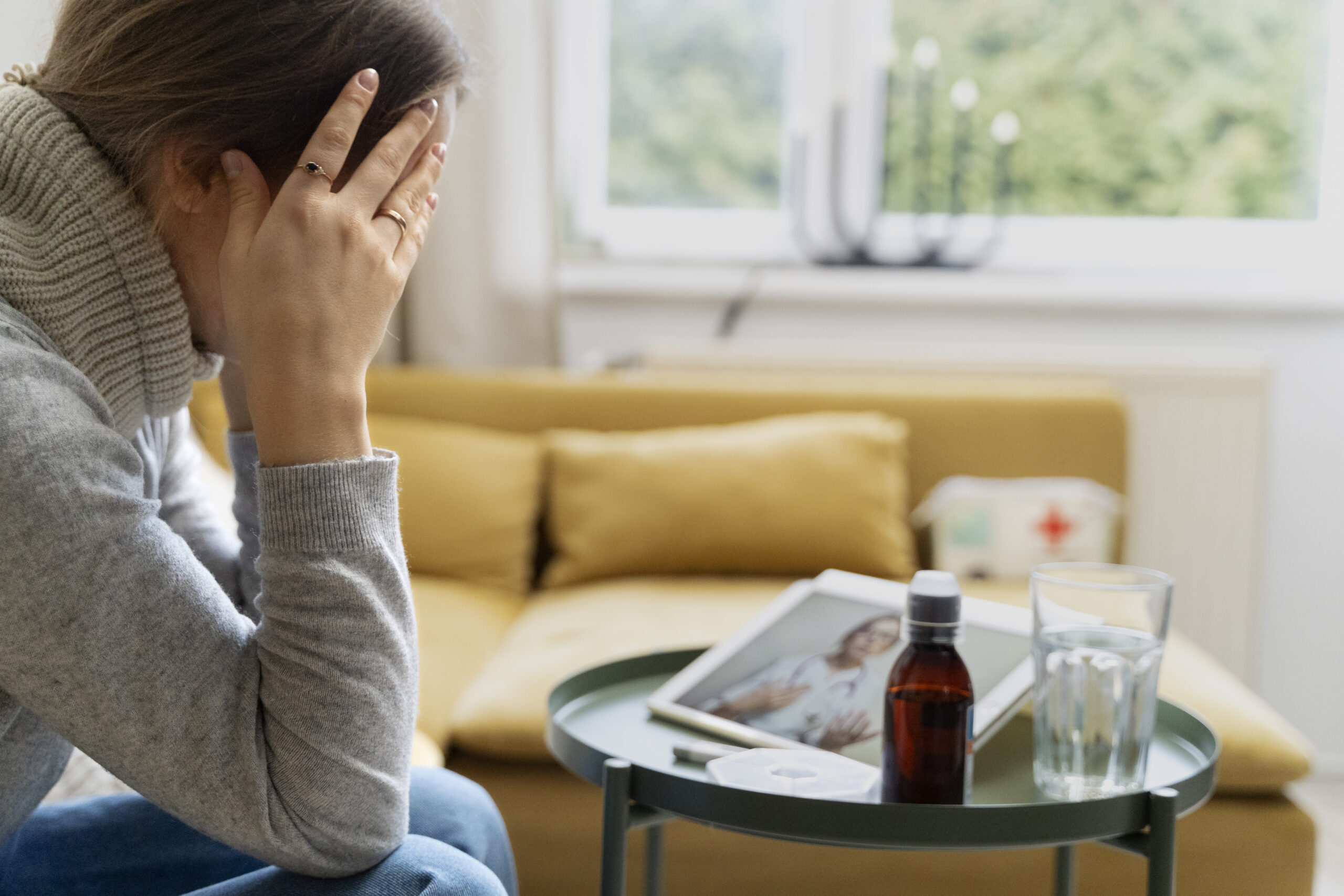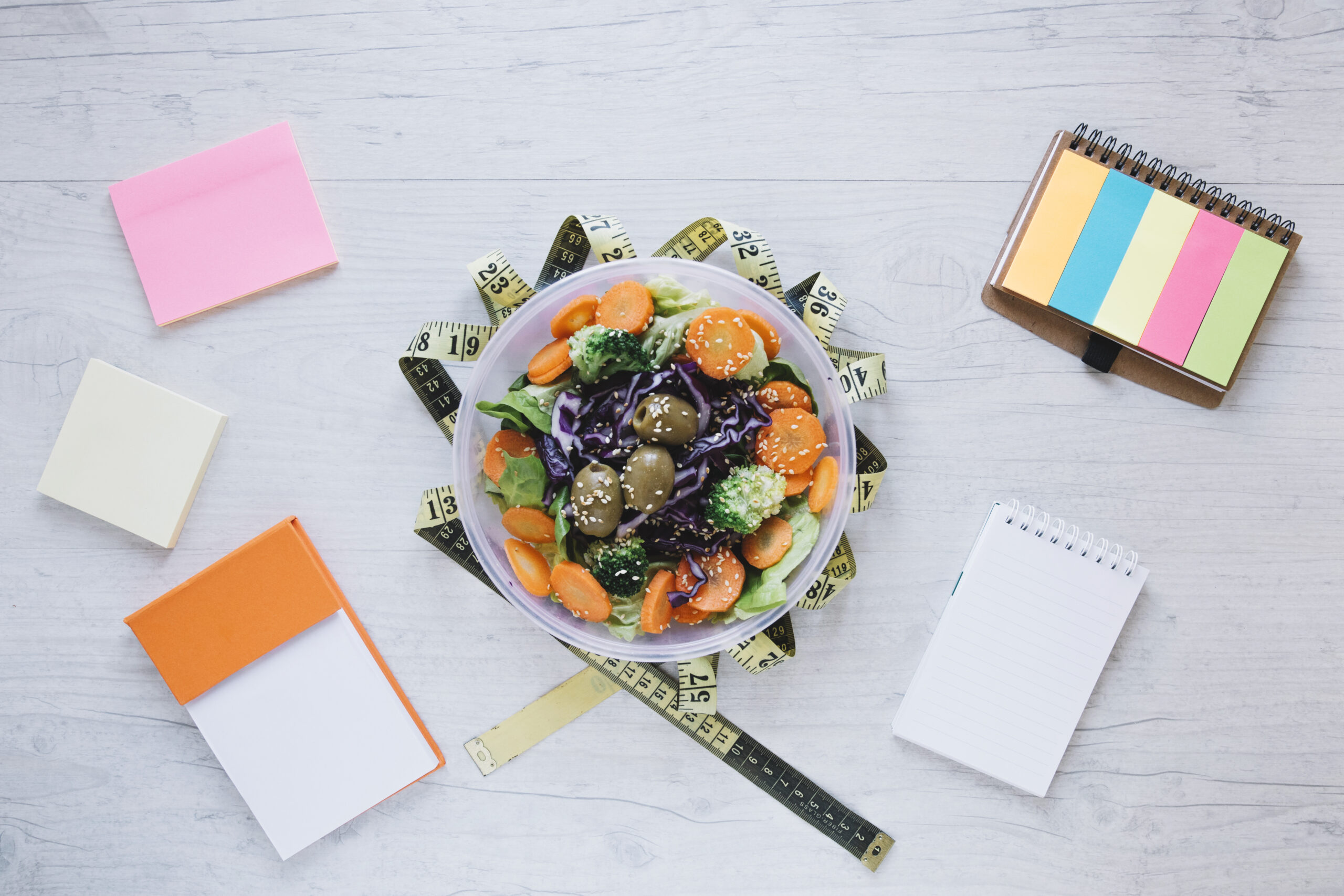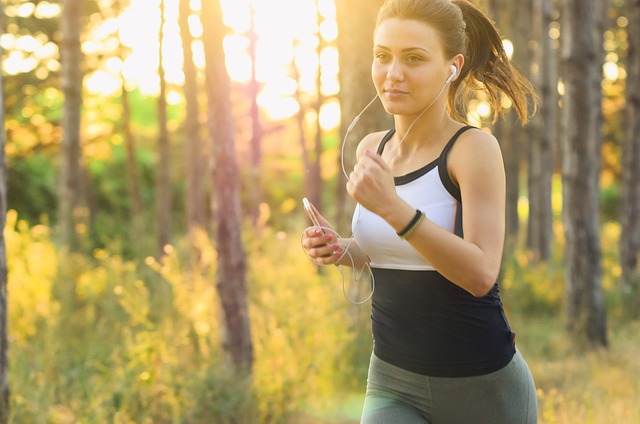Natural Remedies for Anxiety Without Medication: Calm Your Mind Naturally
Introduction
In today’s fast-paced world, anxiety has become one of the most common mental health struggles. Whether it’s work stress, financial pressure, or emotional challenges, anxiety can affect anyone at any time. While many people turn to medication, there are several natural remedies for anxiety that can be just as effective — without the side effects.
This article explores science-backed natural methods to reduce anxiety, improve mental clarity, and promote a calmer state of mind. From lifestyle changes and mindfulness to herbal supplements and nutrition, you’ll discover multiple ways to manage anxiety naturally.
🧘♀️ 1. Practice Mindfulness and Meditation
Mindfulness meditation helps train your brain to focus on the present moment instead of worrying about the future or reliving past mistakes.
-
Why it works: It reduces cortisol (the stress hormone) and increases serotonin.
-
How to do it: Spend 10–15 minutes daily focusing on your breath. Try apps like Calm or Headspace.
-
Bonus Tip: Guided meditation videos on YouTube are excellent for beginners.
🌬️ 2. Try Deep Breathing Exercises
Anxiety often causes rapid breathing, leading to panic attacks. Practicing deep breathing slows your heart rate and calms your nervous system.
-
Technique: Inhale for 4 seconds, hold for 4 seconds, exhale for 6 seconds.
-
Do this: 3–5 times daily or whenever you feel anxious.
🌿 3. Use Herbal Remedies for Relaxation
Nature offers powerful herbs that support calmness and relaxation:
-
Chamomile Tea: Reduces anxiety and promotes better sleep.
-
Lavender: Aromatherapy with lavender oil helps soothe the nervous system.
-
Ashwagandha: An adaptogen that lowers cortisol and boosts energy.
-
Lemon Balm: Mild sedative that can ease restlessness.
💡 Tip: Always consult your doctor before adding new herbs or supplements, especially if you’re already on medication.
🥗 4. Eat a Balanced, Anxiety-Reducing Diet
Food has a direct impact on your mood and brain chemistry. Eating whole, nutrient-dense foods can significantly reduce anxiety symptoms.
-
Omega-3 Fatty Acids: Found in salmon, chia seeds, and walnuts — they support brain health.
-
Magnesium-Rich Foods: Spinach, avocados, and almonds help regulate stress hormones.
-
Probiotics: Yogurt, kefir, and sauerkraut improve gut health — which is linked to mood regulation.
Avoid excessive caffeine and sugar, as they can trigger anxiety spikes.
🏃♂️ 5. Exercise Regularly
Exercise is a proven mood booster. Even a 20-minute walk can release endorphins that fight stress.
-
Best exercises for anxiety: Yoga, jogging, swimming, or even dancing.
-
Why it works: Physical activity balances neurotransmitters like dopamine and serotonin.
“Move your body, and your mind will follow.”
🛌 6. Prioritize Quality Sleep
Lack of sleep can intensify anxiety symptoms.
-
Tip: Follow a consistent sleep schedule and avoid screens before bed.
-
Natural aids: Chamomile tea, magnesium supplements, or lavender oil before bedtime.
☀️ 7. Spend Time Outdoors
Nature has a calming effect on the human brain. Sunlight boosts Vitamin D levels and serotonin production.
-
Try: Morning walks, gardening, or simply sitting in a park.
-
Research shows: Even 10 minutes of outdoor activity can lower stress hormones.
💬 8. Journaling to Clear Your Thoughts
Writing down your feelings can be a powerful emotional release.
-
How it helps: Journaling helps you process emotions, identify triggers, and find clarity.
-
Try this: Write 3 things you’re grateful for each day.
🎧 9. Listen to Calming Music or Nature Sounds
Music therapy is scientifically proven to reduce anxiety.
-
Soft instrumental or nature sounds (like rain or ocean waves) help slow down your heart rate.
-
Use Spotify or YouTube playlists for relaxation and focus.
🤝 10. Connect with Others
Isolation can worsen anxiety. Make time for social interactions — whether with friends, family, or support groups.
-
Why it matters: Talking about your feelings helps release emotional pressure.
-
Bonus: Helping others can also reduce your own anxiety.
🕯️ 11. Aromatherapy for Calmness
Essential oils can improve mood and relaxation.
-
Best oils for anxiety: Lavender, rose, sandalwood, and bergamot.
-
How to use: Add a few drops in a diffuser or mix with carrier oil for massage.
🧠 12. Cognitive Behavioral Techniques (CBT)
You don’t need medication to apply CBT principles.
-
Challenge negative thoughts.
-
Replace “what if” worries with logical reasoning.
-
Focus on solutions instead of fears.
🧩 Conclusion: Your Path to Calm
Managing anxiety naturally isn’t about eliminating stress entirely — it’s about building resilience and finding balance.
By practicing mindfulness, staying active, eating right, and connecting with nature, you can train your mind and body to handle anxiety better — all without medication.
Remember, small daily habits lead to long-term peace. 🌿














Post Comment